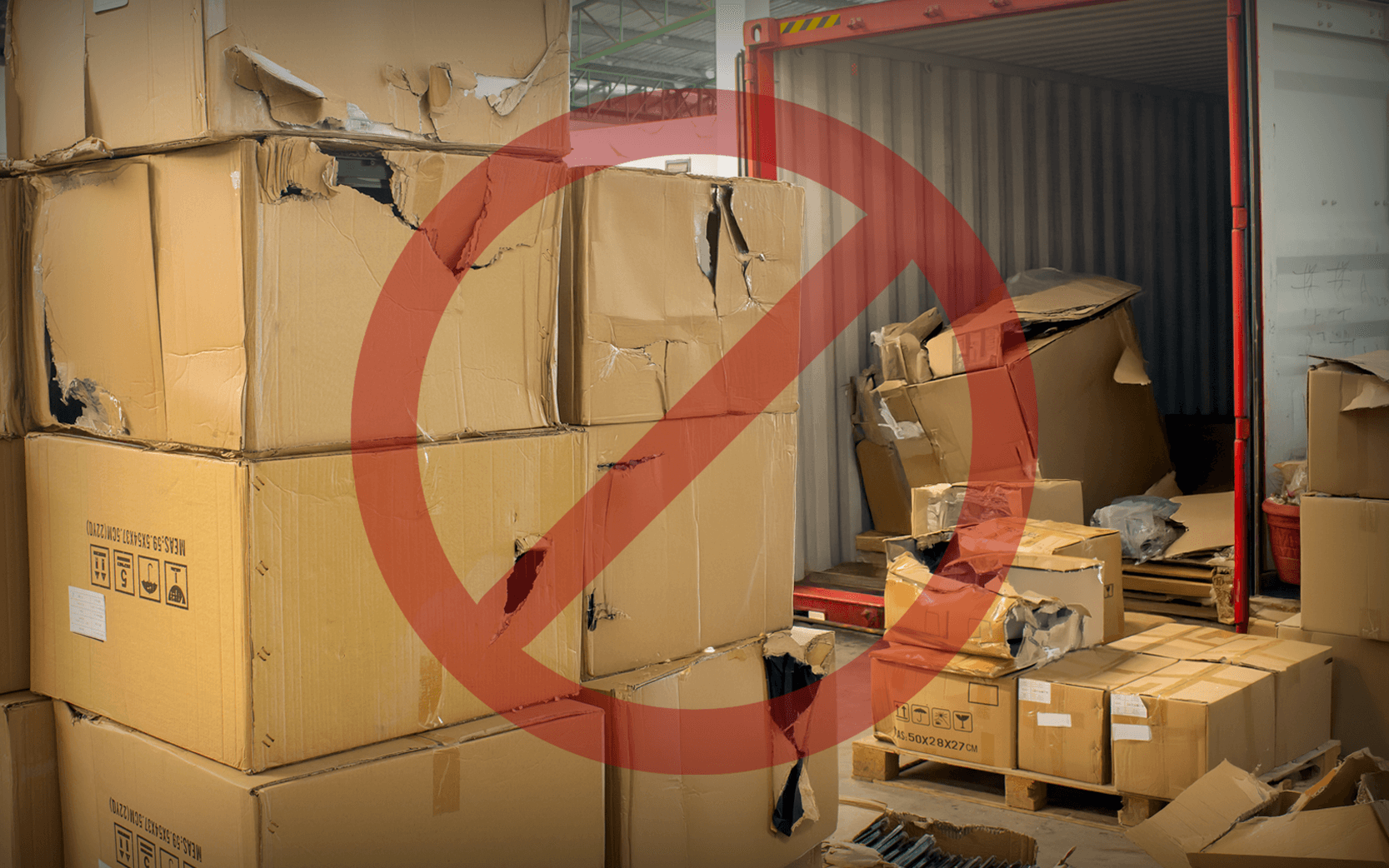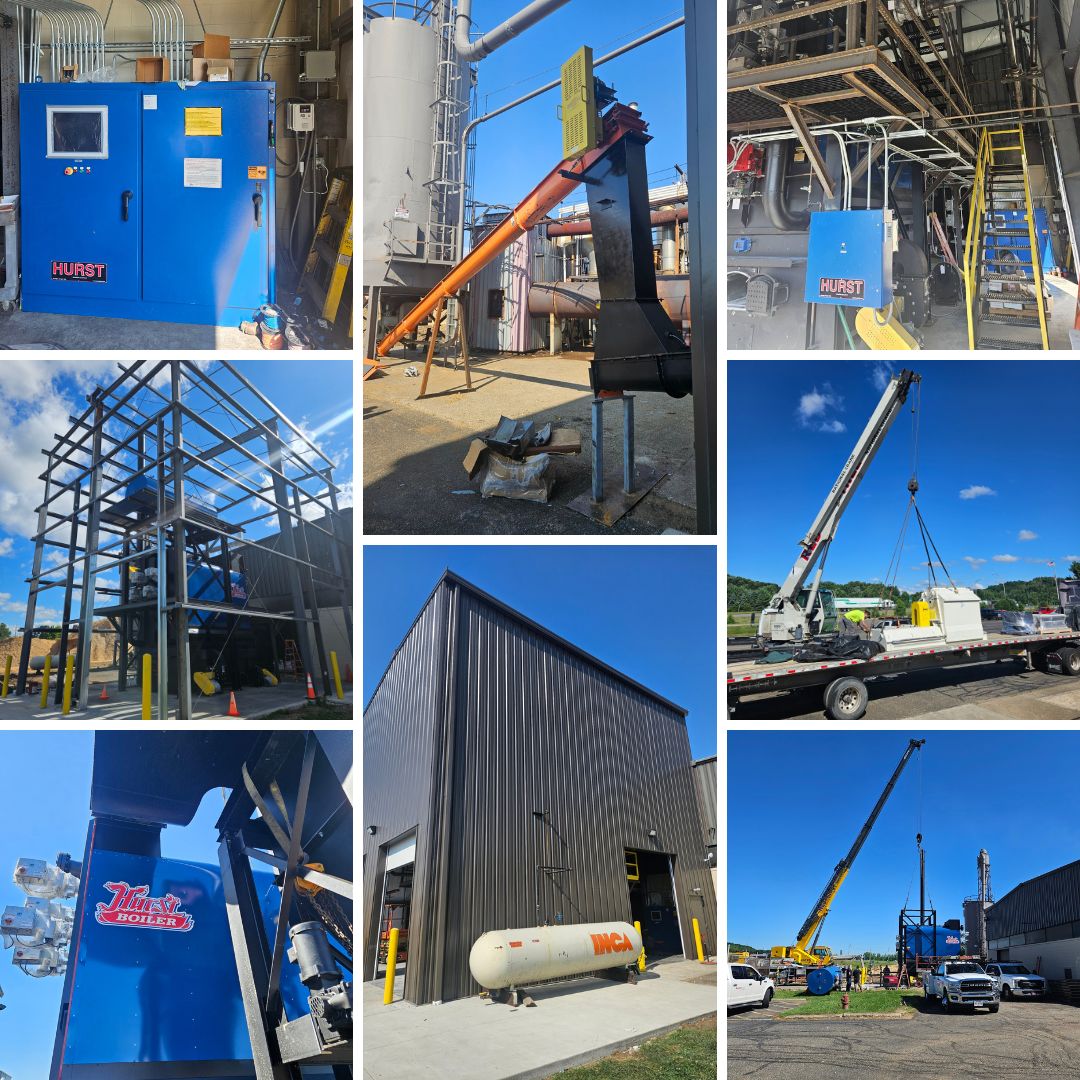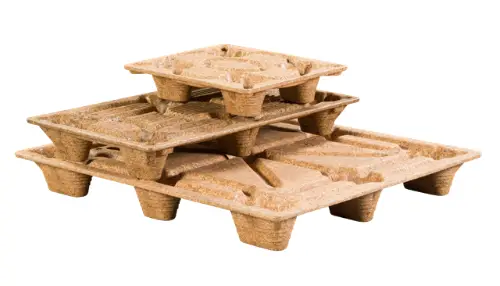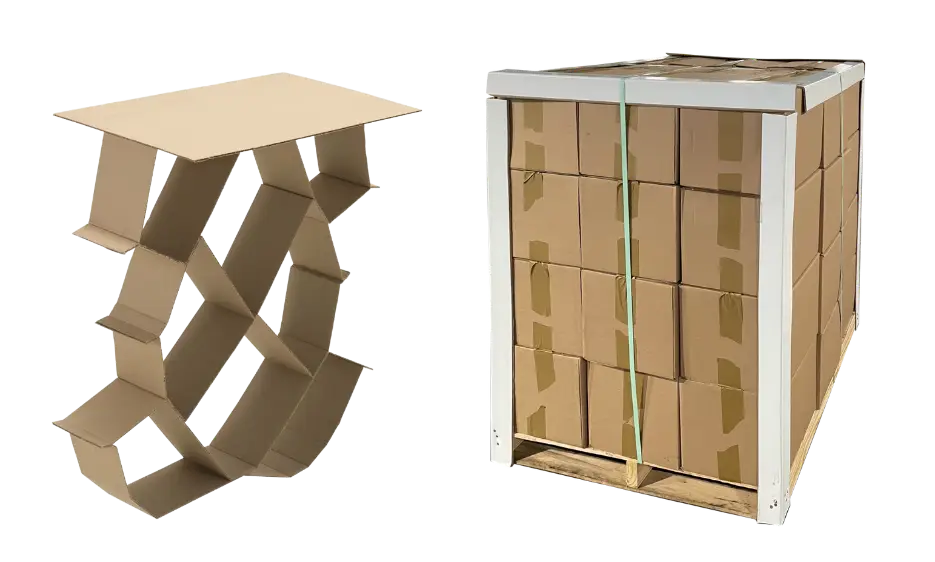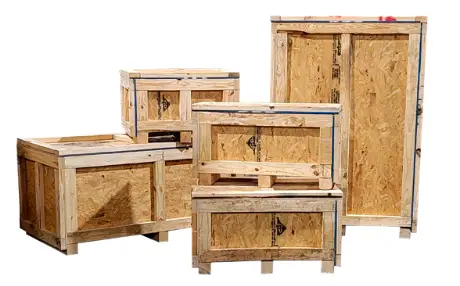Jeff McBee’s recent article appearing in Pallet Enterprise offers a fascinating look at the impact of CHEP and mass retailing on the pallet industry. U.S. pallet manufacturers and recyclers viewed CHEP’s initial foray into the domestic market with much trepidation. As an international provider of pallet and container pooling services for retail and industrial supply chains, CHEP stood well positioned to dramatically change the pallet industry in the early 90’s.
The mid 1990’s saw CHEP’s domestic pallet pool achieving critical mass and a decline in white wood (non-rental) pallet production. By the end of the decade, retail giants such as Wal-Mart and Costco had partnered with CHEP and abandoned their traditional reliance on white wood pallets. The decline in new white wood pallets flowing into the logistics supply chain led to a corresponding aging of the pallet pool and a subsequent drop in quality. Recyclers accustomed to hauling away used pallets at no cost began paying for their cores.
Mass retailers have also exercised significant influence on the size, grade, and specification of pallets. The 48 x 40 GMA (Grocery Manufacturers’ Association) pallet market is case in point. By 2005, companies producing heavy, full deck, 5/8” deck GMA pallets experienced strong demand while pallet manufacturers specializing in ½” and lighter GMA’s witnessed an alarming downward demand for their pallets. McBee explains that companies purchasing full-deck GMA pallets all had one thing in common: they were shipping to mass retailers.
Perhaps the best illustration of how mass retailers have influenced pallet specs is Costco’s Block Pallet initiative, which went into effect in January of 2011. Costco’s new spec eliminated the use of stringer pallets in favor of iGPS, PECO, and CHEP block pallets. Block pallets require more board feet of lumber to manufacture, making them sturdier than stringer pallets. The extra weight results in a longer service life, but also contributes to a higher manufacturing cost and greater worker fatigue. Typical block pallet construction allows fork lift access from all four sides. Although Costco allowed for a few exemptions (e.g., purpose built pallets and substitutions in parts of the world where CHEP, PECO, and iGPS are not available), the new pallet spec dramatically altered cost structures and the functionality of pallets. It also reduced the volume of white-wood in the logistics supply chain by almost two-thirds.
The growing popularity of rental pallets and rise of mass merchandiser driven pallet specs has had far reaching consequences. A decline in mass retailer demand has led to lower white wood pallet production levels and the existing pool has aged and declined in quality. A contracting white wood pool has also led to a shortage of pallet cores, which in turn, has left recyclers feeling the pinch.
Many of the changes taking place in the pallet industry over the last 20 years have worked to our advantage here at Litco. Instead of using cores, our presswood pallets are molded from damaged logs, wood waste, and other wood by-products. As a result, presswood pallets become a more cost effective general use solution when core shortages drive the price of recycled pallets up and the quality down. Presswood pallets can also be a viable alternative to rental pallets for some customers. If the higher price and questionable quality of recycled pallets is a cause for concern, or your organization is looking for an alternative to rentals, presswood pallets from Litco may be the answer. To learn more about the advantages of using Litco’s International presswood pallets as your domestic and export pallet solution, contact Litco today!

